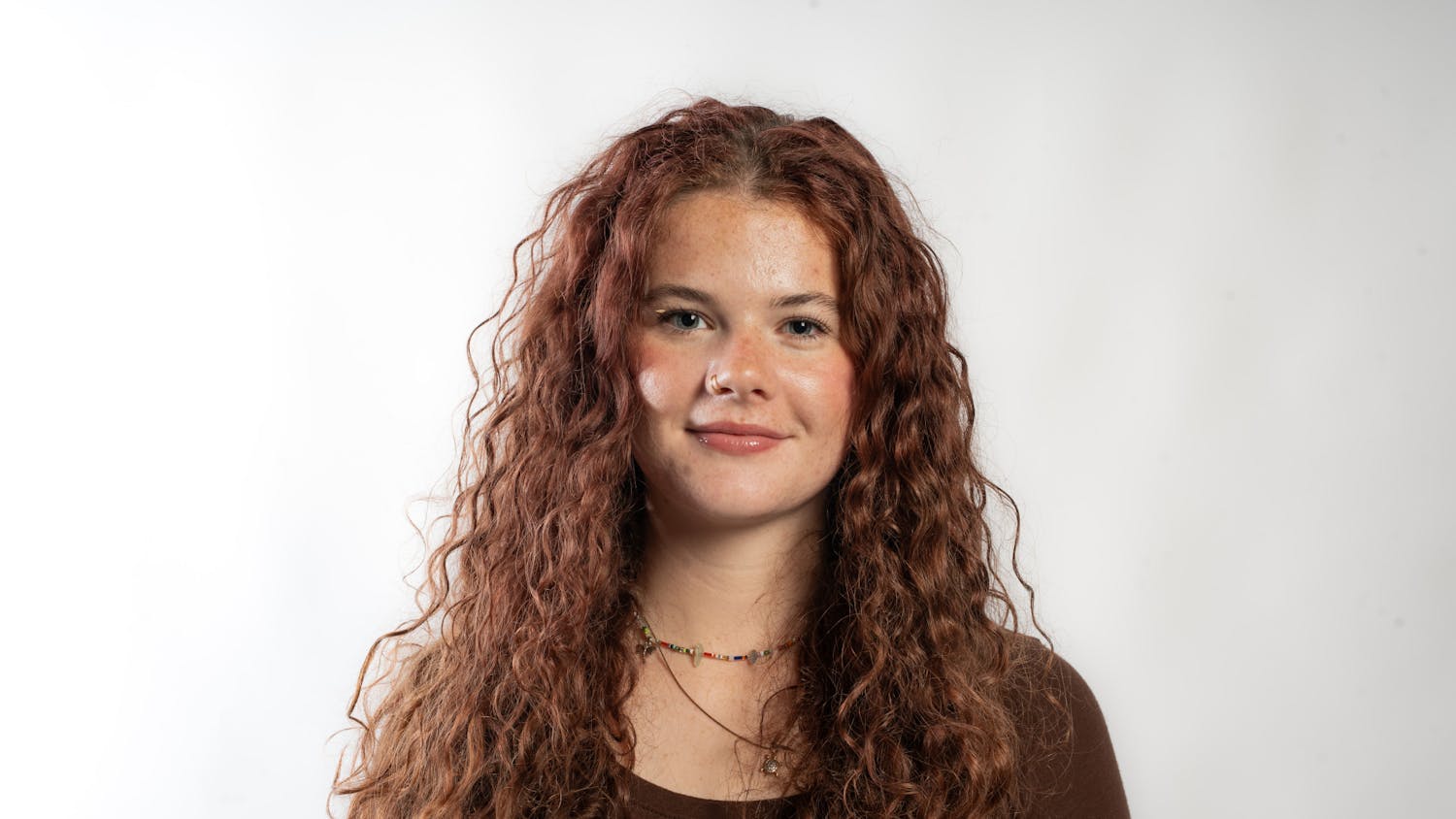It was first period, and I was sitting in Ms. Ratigan’s history class when the first plane hit the World Trade Center.
Just minutes after American Airlines Flight 11 penetrated the steel exterior of the north tower, our school principal came in and relayed the news, which bewildered my sixth-grade classmates and me at Hackensack Christian School in Hackensack, N.J. — just 17 miles outside New York City.
The towers, like most of the Big Apple’s skyscrapers, were a common field trip site for a batch of New Jersey middle- school kids. We didn’t quite know what to think at the prospect that one of the city’s most distinctive landmarks could be irrevocably damaged.
It was down the hall in Mrs. Schmitz’s second-period science class that our principal made a second, much more disconcerting, series of announcements. A second plane had hit the south tower. The twin towers were going to fall. This was no pilot error.
As Americans remember the horrifying attacks on our country that took place 10 years ago, we’ll hear time and time again people describe exactly where they were when they learned of the attacks. For me, Sept. 11 always recalls vivid memories of what was one of the longest and most memorable days of my life.
Teachers crowded around a small television in one classroom down the hall, leaving the students to speculate amongst ourselves about what, exactly, was going on so close to our homes.
In an all-school assembly, administrators asked whose parents worked in the World Trade Center. No hands went up.
But each of us could name dozens of people we knew in those towers. One of my elementary-school friends would often tell me about visiting his father’s office near the top floor of the south tower. His father was one of the almost 3,000 people who perished that day.
On that Tuesday in November, “terrorism,” “al-Qaida” and “Osama bin Laden” — which have been part of my daily dialogue and news consumption for the past decade — first entered my vocabulary.
During the next decade, I’ve spent hundreds of hours educating myself on just who were these people who hated us so much and how we as a country might have stopped the attack. The destruction of those towers ingrained in me not only an unquenchable patriotism and love for this country but also the desire to truly understand the world I lived in.
Those unspeakable attacks affected each of us differently. For some, it sparked an interest in the important, but oft complex, world of politics. For others, it awakened a long-lost sense of pride in our country — which affords us freedoms still unheard of in some corners of the world. And, for just a few months, it forced us to set aside petty partisan bickering and truly come together behind a common cause: protecting our country.
As we aim to tackle the mounting obstacles threatening the sustainability of our way of life — from an underachieving education system to the unwillingness of Washington bureaucrats to spend within our means — let’s not forget those lessons.
Our country is amazing, but it is not invincible. We’re at our strongest when we stand united.
Wesley Lowery is a senior studying journalism and editor-in-chief of The Post. Send him your 9/11 stories at wl372808@ohiou.edu.





